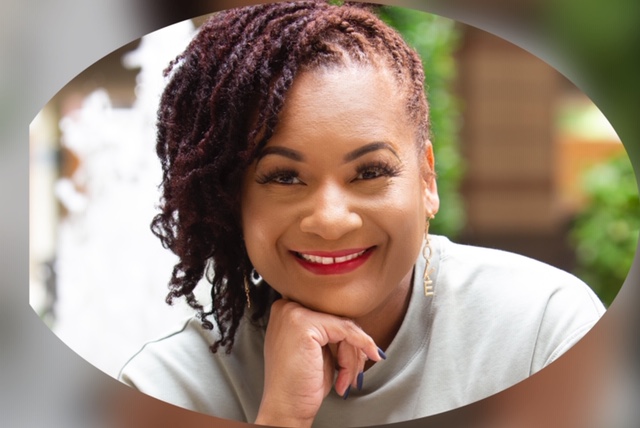By: N. L. Preston
HOUSTON — Have you ever heard the phrase, “she died from a broken heart?” Well, according to a Houston grief coach, that just may be true.
Studies show 700,000 women are widowed each year in the United States, and on average, widows (no matter how old or young they are) survive for 14 years after their spouse’s death.
Nickcole Byrd, an associate pastor at Higher Dimensions church for more than 20 years, is hoping to change the shocking statistic by helping widows heal through her organization, 700 AD. Byrd explained 700 represents the number she wants to decrease, and AD represents “after death.” She knows firsthand how it feels to lose someone after her husband of 25 years died unexpectedly nearly eight months ago.
“My husband passed away 9/19/19, and since that day the number 19 has been popping up all over the place. If you are a spiritual person, study the number 19. What it means is the ending of one thing and the beginning of another,” Byrd explained. “It’s a tough journey. I truly believe that you can grow and transform from your trauma.”
Because of her experience in ministry, consulting and coaching, Byrd is determined to help widows, especially African American women, who may not always have the same resources as others.
“I know that was not God’s will for my life. The faith community and emotional support that I had through therapy, many don’t have access to that,” Byrd said. “Grief is supposed to be a very natural and human response to a major loss, and when misplaced, can turn into depression. Now we are talking about mental disorders, suicide attempts and not having the will to live.”
African-American News&Issues asked Byrd about coping with loss, especially during the current crisis the world is under.
Q: How does a person deal with loss, especially now during the COVID-19 pandemic?
A: We see now that the world is grieving. This pandemic has come upon us and those of us who were already on a grief journey are now in a dual layer of grief, and we have new people now suffering a major loss due to COVID. We must first acknowledge the emotions we are having and grieve from a healthy place. We also need to check on “the strong,” who are often forgotten. Those who are normally strong sometimes are not aware of what they are feeling and push those feelings down.
Q: Is it OK to be angry? How do you deal with anger?
A: Accept the fact that grief and mourning may trigger emotions you may never have thought you had. We call them “moments” in grief coaching. If you feel like shouting, hitting something or crying, welcome that emotion. Here is where we get in trouble — when grief visits us, and we allow it to become a resident. We get caught up when we allow it to move into your home and sit beside your bed. It’s not supposed to stay there.
Q: Is it OK to express your grief and anger on social media?
A: I would say you have to be in a space with people who have the capacity to handle your emotions and the compassion to understand. Sometimes things on social media can come across with misunderstandings. A person in mourning or experiencing trauma needs to surround themselves with people who allow them to be vulnerable and to express their emotions without being judgmental.
Q: What is the true definition of ‘self-care’?
A: In this context of grief, self-care is giving yourself permission to feel what you are feeling, but actively participating in your healing and recovery. It can be therapy, worship, yoga, acupuncture, or even taking walks outside. You are a three-part being. You are mind, body and spirit so you have to take care of every part of you.
Q: How do you feel about medication? Is it necessary to help get over issues?
A: You can take medication, but the underlying issue is still going to be there when you are off of it. You must have faith, community and emotional support, in addition to some type of counseling or coaching. Trauma is damage or an injury to your psyche after living through something extremely frightening or distressing. Therapy can help you develop certain coping skills or learning how to talk things out.
Q: Tell us about your one-on-one sessions.
A: Women get an opportunity to come into a space with me and be safe, vulnerable and express themselves however they need to. Most of that session is me posing powerful questions to draw out what the challenges and the issues are, and developing a plan of action to work toward the end result they desire.
Q: What can you tell someone who has lost the love of their life?
A: The deeper the love, the deeper the grief. If you are feeling broken, disappointed or like God has forgotten you and no one understands, we can talk it out. Don’t isolate yourself. We are practicing social distancing, but it doesn’t mean social isolation. Let others support you.
Byrd said she believes the old adage, “time heals all wounds” is a myth. She stresses what you do with your time, is what heals the wounds.
Byrd is releasing a healing and recovery book, “The Widows Oil,” soon. To sign up for the waiting list, go to www.thewidowsoil.com.
You may also connect with her @NickoleByrd on FB, Instagram and Twitter.

